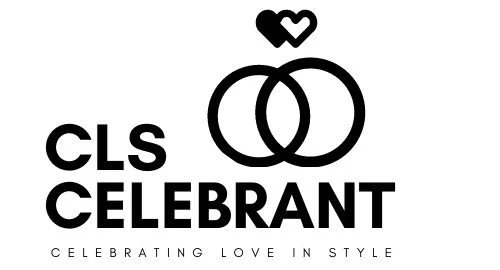Naming Day vs Christening — What’s the Difference?
Welcoming a new baby is always a reason to celebrate—but when it comes to the ceremony, families sometimes ask: “Should we have a naming day or a christening?” The answer depends on what feels right for your family. Both mark the arrival of a child and both bring people together, but the style, focus, and meaning are very different.
Here’s the difference:
Christening (Religious Ceremony)
Faith-based — A christening is a religious sacrament, traditionally within the Christian church.
Sacred meaning — It symbolises welcoming the child into the church community.
Role of godparents — Godparents (or sponsors) are chosen to guide the child in their faith.
Structure — The service follows a set religious format led by a minister or priest.
Naming Day (Non-Religious Ceremony)
Personal and flexible — A naming day isn’t tied to any religion; it’s shaped around your family’s values and wishes.
Celebration of life and family — The focus is on the child’s name, their story, and their place in the family.
Mentors/guardians — Parents may still appoint special people, but without the religious role.
Creative options — From symbolic rituals to readings and music, there’s freedom to make it personal.
Which One Is Right for You?
It comes down to what feels authentic. If faith plays a central role in your family’s life, a christening may be the natural choice. If you’re looking for a ceremony that’s non-religious, flexible, and focused entirely on your child and family, a naming day might be perfect.
At the end of the day, both are about love, community, and belonging—just expressed in different ways. One isn’t “better” than the other; it’s simply about finding the fit that feels true to your story.
Planning a Naming Day?
If you’re here, you’re probably celebrating a brand-new little one (congratulations!) A naming day is a simple, meaningful way to welcome your child and bring family and friends together. As a celebrant, I can help you shape a ceremony that feels natural, personal, and true to you—without the fuss..

